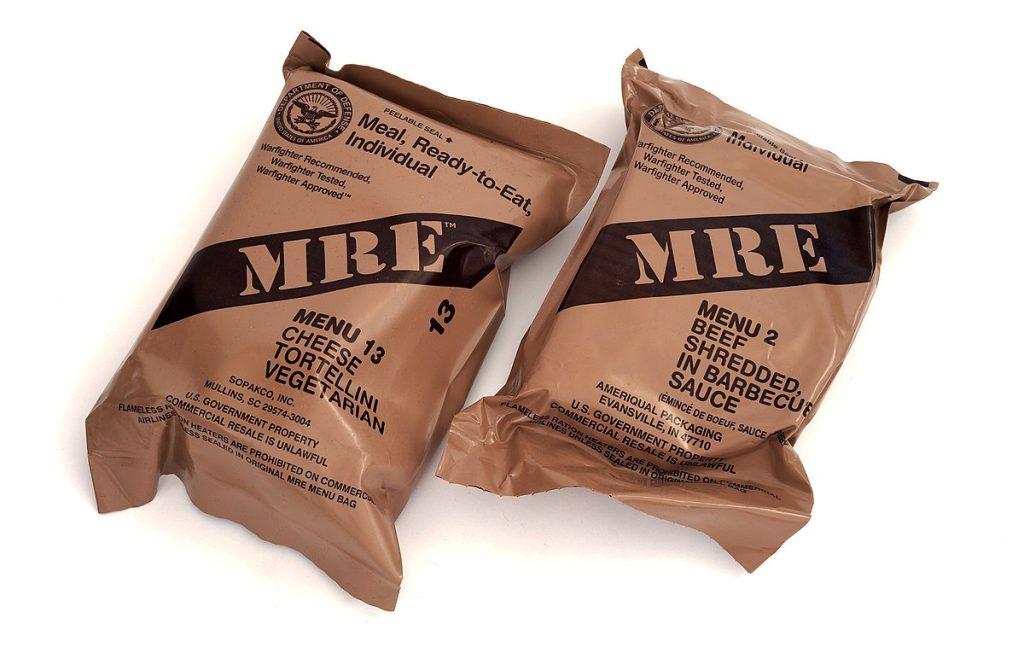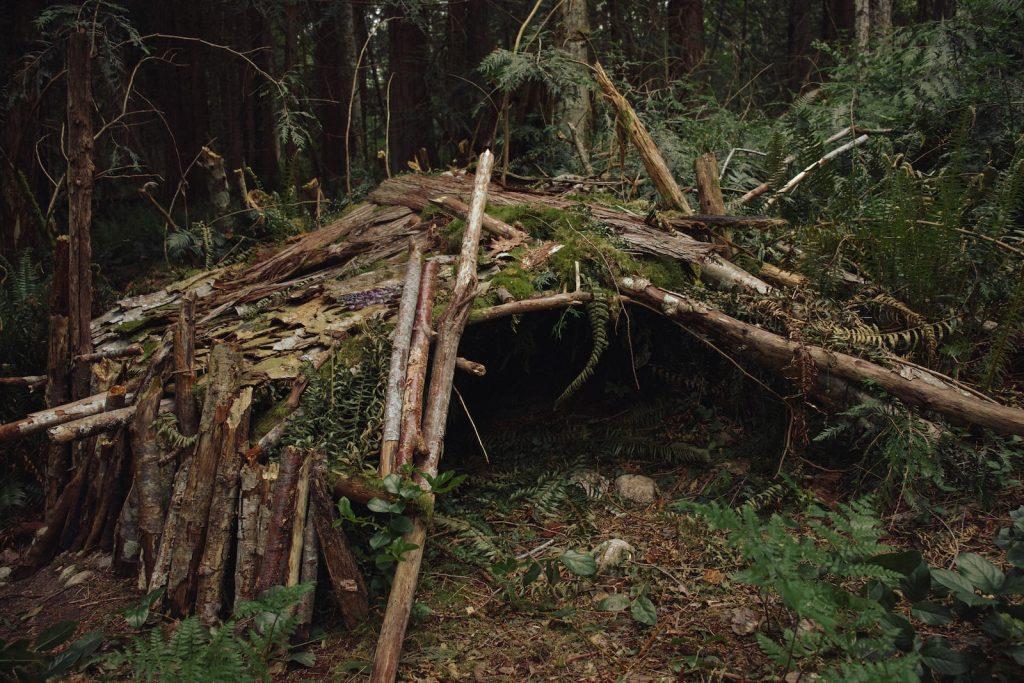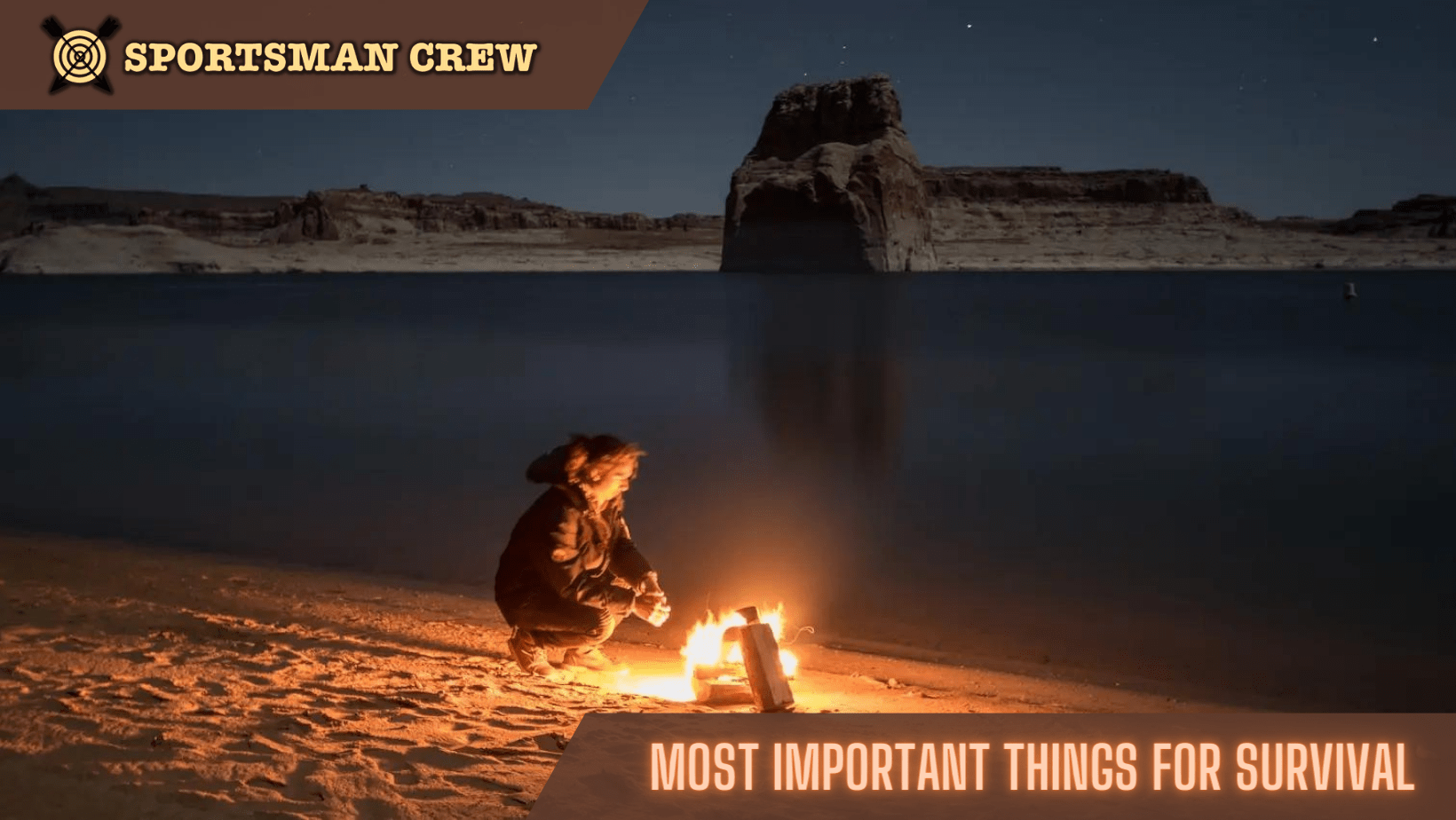When preparing, there are some important things for survival. Survival skills are essential for anyone living in the outdoors, no matter the situation. From day hikes to extended backpacking trips, preparing for the unexpected is key to a safe and successful adventure. Knowing what the most important items for survival are can significantly increase your chances of survival in the wild. In this article, we’ll discuss the five key items for survival and why they are essential for any outdoor experience.
Table of Contents
What You Need to Know About Food/Water Storage for Survival

When it comes to survival in an emergency situation, having enough food and water stored away is essential. It is important to have a plan in place for both food and water storage. Here are a few tips for what you need to know about food and water storage for survival:
Choose an area for food and water storage that is safe and secure: Select a place that is easy to access but also protected from the elements, pests, and other potential hazards. Consider a basement or cellar, a closet, or an attic.
Consider the types of food and water you will need: Depending on the situation, you may need to store a variety of foods and drinks. Make sure you have enough non-perishable items and enough water to last the duration of the emergency. This is one of the most important things for survival.
Keep food and water in airtight containers: This will help prevent spoilage and any contamination. Be sure to rotate the food and water in your storage area periodically to ensure that it is still safe to consume.
Make sure to store enough food and water: Depending on the size of your family and the duration of the emergency, you may need to store more food and water than you think. Make sure to plan ahead and have enough stored away to last.
Keep an eye on expiration dates: Make sure to check expiration dates on food and water regularly and replace anything that is close to or past the expiration date.
By following these tips, you can ensure that you have enough food and water stored away for any emergency situation. With proper planning and preparation, you can be sure that you and your family will have the resources needed for survival.
The Best Survival Tools Every Outdoorsman Needs
When talking about important things for survival, there are many tools that come to mind. Outdoor survival tools are essential for any outdoorsman to have on hand for unexpected emergencies. From simple items like fire starters and first aid kits to more complex items like compasses and signaling devices, these tools can help you stay safe and get back home safely. Here is a list of the best survival tools every outdoorsman needs:
- Fire Starter Kit: Having a reliable fire starter kit can be essential when out in the wilderness. Fire starters are good for providing warmth, light and even a source of food. A basic fire starter kit should include matches, a flint and steel, and kindling. Additionally, having a waterproof container to keep the kit together is a good idea.
- First Aid Kit: Every outdoorsman should always have a first aid kit with them. This kit should include items like gauze, bandages, antiseptic, antifungal cream, and any other items needed to treat minor injuries and illnesses.
- Compass: A compass is an essential tool for navigation in the wilderness. A good compass should be visible during the day and have a luminescent light for night navigation. Additionally, having a compass with a built-in GPS can be a lifesaver in certain situations.
- Multi-Tool: A multi-tool is a must-have for any outdoorsman. These tools include multiple utensils like a knife, a screwdriver, and a can opener, which can be used for a variety of tasks.
- Water Filter: Having a reliable water filter is essential for any outdoor excursion. A water filter will help to make sure that any water you find in the wilderness is safe to drink.
- Signaling Device: A signaling device is key for calling for help in an emergency. A signaling device like a whistle can be heard from far distances and will help to alert search and rescue teams of your location.
- Flashlight: A flashlight is another necessity for any outdoorsman. A good flashlight should be waterproof and have a long battery life. Additionally, having an extra set of batteries is a good idea in case the flashlight runs out of power.
- Rope: Rope is one of the most versatile tools an outdoorsman can carry. Rope can be used for shelter building, rigging, and transportation, making it an essential item to bring on any outdoor adventure.
By having these essential survival tools, you can be prepared for any situation that may arise while out in the wilderness. From navigating through thick forests to signaling for help, these tools are essential for any outdoorsman. For other ideas, check out our post on the best gadgets for survival.
Finding Shelter to Help Survival Chances

Finding shelter and staying warm in an emergency can be a challenge. However, with the right knowledge and preparation, it can be achieved relatively easily. Here are some tips on how to find shelter and stay warm in an emergency.
Seek shelter in an existing structure. If possible, seek shelter in an existing structure, such as a house or building, as these will provide the best protection from the elements. Look for an area that is sheltered from the wind and rain, such as a cave, a hollow tree, or a thicket of bushes.
Stay dry. Wet clothing can increase the risk of hypothermia, so it’s important to stay as dry as possible. If necessary, build a shelter with materials such as branches, leaves, and other natural materials that can help keep you dry.
Insulate your body. If possible, try to insulate your body from the cold ground with materials such as leaves, moss, and grass. If you have a sleeping bag or blanket, wrap it around you to keep you warm.
Keep a fire going. If you have the ability to build a fire, do so as soon as possible. A fire can provide much-needed warmth and light and can also provide a sense of security. Make sure to build the fire in an area that is sheltered from the wind, and don’t forget to keep it small and contained.
Dress appropriately. Wear multiple layers of clothing to keep yourself warm. Try to wear items that are made of wool or synthetic materials as they are better at retaining heat than cotton.
Stay hydrated. It’s important to stay hydrated in an emergency situation. Carry a water bottle with you and make sure to drink plenty of fluids throughout the day.
By following these tips, you can increase your chances of finding shelter and staying warm in an emergency. Remember to stay alert and use your common sense to ensure your safety.
Being Prepare is Key to Survival
Prioritizing your survival preparedness plan is essential for ensuring your safety and well-being in the event of a disaster. To ensure that you are adequately prepared for any situation, it is important to create a comprehensive plan that addresses every possible need.
The first step when prioritizing your survival plan is to begin by creating a list of goals for yourself and your family. This list should include food, water, shelter, and other basic necessities needed to survive. Additionally, consider including items such as medical supplies, tools, and communications equipment.
Once you have identified your goals, create a plan of action to reach them. This plan should include both short-term and long-term goals and tasks. When creating this plan, it is important to prioritize the most important items first. For example, food and shelter are two of the most essential needs and should be addressed as soon as possible.
Once your plan is in place, create a timeline for completing each task. Ensure that the timeline is realistic and achievable. This will help keep you and your family on track and ensure that all of your needs are met.
Finally, it is important to practice and maintain your survival plan regularly. Taking the time to practice each task and review your plan often will help you stay prepared and ready for any situation.
By following these steps, you can prioritize your survival preparedness plan and ensure that you and your family are adequately prepared in the event of an emergency.
Essential First Aid Tips for Survival Situations
- Remain Calm: When you are in a survival situation, it is important to stay calm. This will help you think more clearly and assess the situation.
- Know your Surroundings: Be aware of your surroundings, such as any potential hazards, safe routes, and sources of help, such as medical facilities or shelters.
- Assess Injuries: Assess any injuries you or others may have sustained, and offer basic first aid if needed.
- Control Bleeding: If you are injured, or if someone else is, control the bleeding immediately. Apply direct pressure to the wound with a clean cloth or a bandage if available, and do not remove it even if it becomes saturated with blood.
- Check for Shock: Shock can be life-threatening, so be sure to check for signs of shock in those who have sustained an injury. Signs of shock include pale skin, rapid breathing, and a weak pulse.
- Treat for Hypothermia: If you are in a cold environment, be sure to check for signs of hypothermia, such as pale skin, shivering, and weak pulse. If present, wrap the victim in a blanket or clothing and provide a warm beverage if available.
- Seek Help: If possible, seek help from a medical professional or other source. If this is not possible, try to find a safe shelter until help arrives.
- Drink Water: It is important to stay hydrated during a survival situation, so drink plenty of water to avoid dehydration and fatigue.
- Document Injuries: If you are injured, take pictures of the injury for documentation purposes. This can help medical personnel provide better treatment.
- Keep a First Aid Kit: Always keep a first aid kit on hand in case of emergency. This kit should include items such as bandages, gauze, antiseptic wipes, scissors, and other supplies.
Conclusion – Important Things for Survival
Survival is an essential part of life, and having the right skills and knowledge is key. It is important to be prepared for any situation that might arise, and having the right tools, skills and knowledge will all help you stay safe in any situation. Knowing basic first aid, how to build a shelter, how to find food and water, and how to protect yourself are all crucial survival skills. Being aware of your environment and having the right mindset can also make a big difference when it comes to survival. By having the right mindset, skills, knowledge and tools, you can increase your chances of survival in any dangerous or challenging situation.
